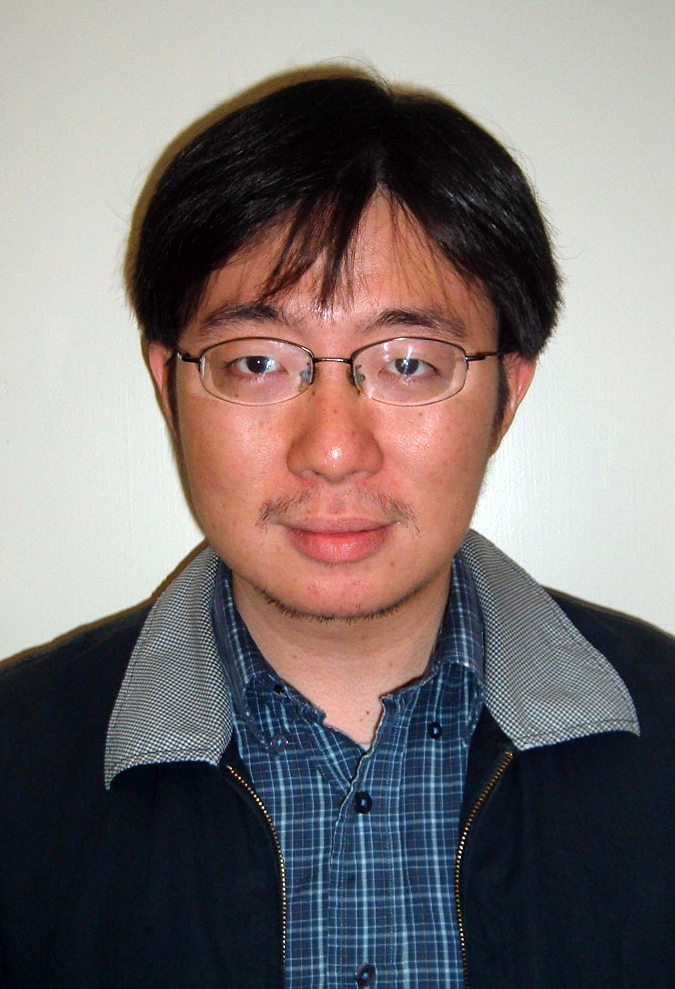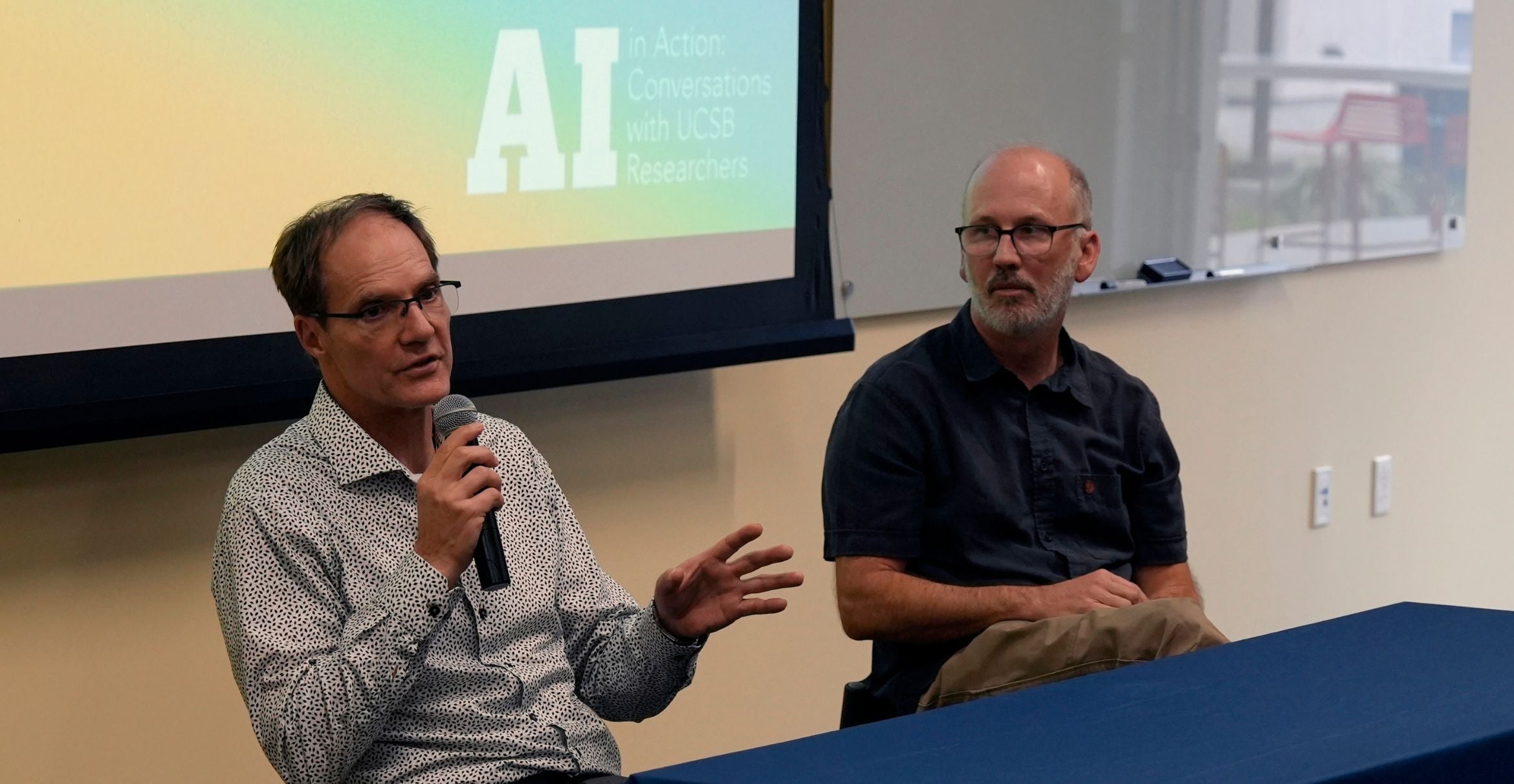
Cenke Xu, an assistant professor of physics at UC Santa Barbara, has been awarded a National Science Foundation (NSF) CAREER award.
The Faculty Early Career Development (CAREER) Program offers the NSF's most prestigious awards in support of the early career development activities of those teacher-scholars who are most likely to become the academic leaders of the 21st century. The awards provide a financial stipend to support research activity for a period of five years.
Xu's award is for $170,000 and is designated for his research "Quantum Critical Points Around Topological Phases." The award is effective Sept. 1, 2012, and expires Aug. 17, 2017. It is a continuing grant, meaning that an additional $255,000 is planned for 2014-16, contingent on the availability of funds and the scientific progress of the project.
"The best assistant professors in all of science and engineering compete for these CAREER awards," said Michael Witherell, vice chancellor for research at UCSB. "We are very pleased that the NSF has chosen Cenke Xu for one, and we look forward to more great things from him in the future. Sustaining the excellence of UCSB research requires us to bring more outstanding faculty like Cenke to our campus every year."
In 2011, Xu was named Outstanding Young Researcher by the Overseas Chinese Physics Association. The Outstanding Young Researcher Award is given annually to a physicist of Chinese ethnicity working in North America, Europe, or other regions outside of Asia. It is intended to encourage and to recognize the young researcher's contributions in physics.
According to the NSF, CAREER awardees are selected on the basis of creative proposals that effectively integrate research and education within the context of the mission of their organization. The plans are expected to build a firm foundation for a lifetime of integrated contributions to research and education.
The NSF promotes and advances scientific progress in the United States by competitively awarding grants and cooperative agreements for research and education in the sciences, mathematics, and engineering.
Related Links



